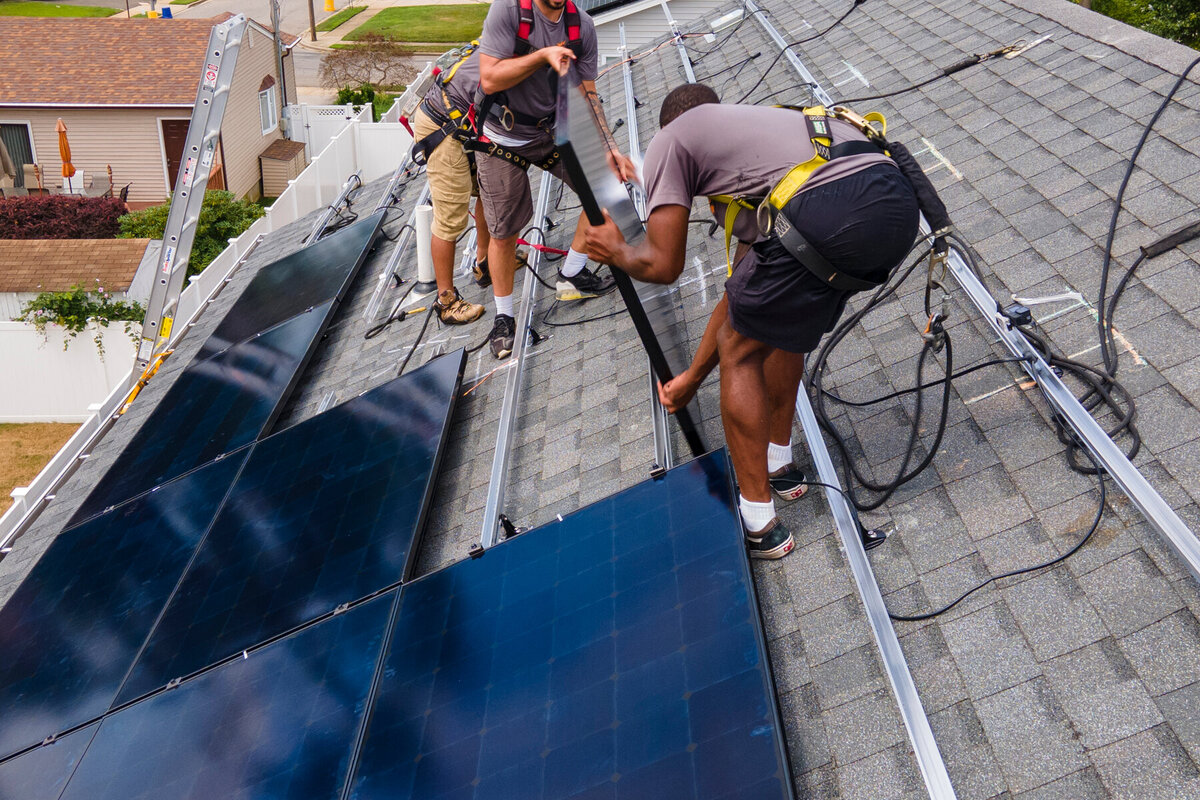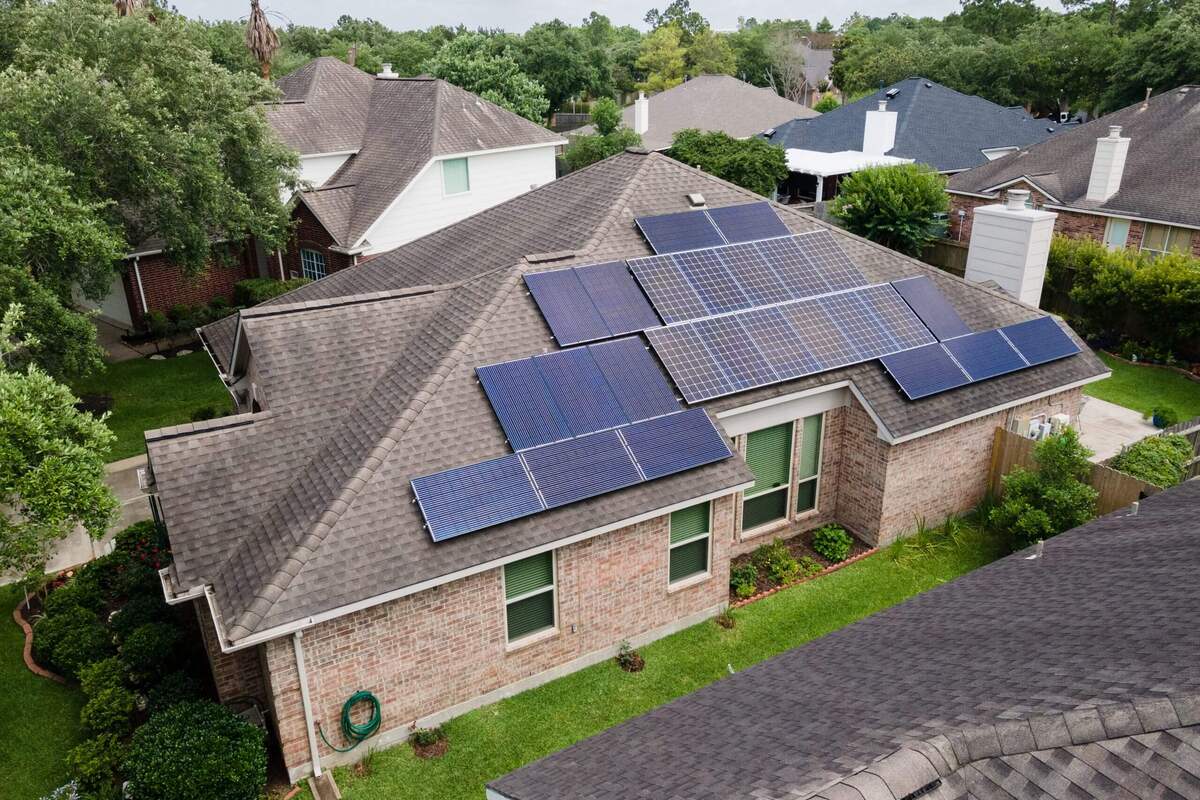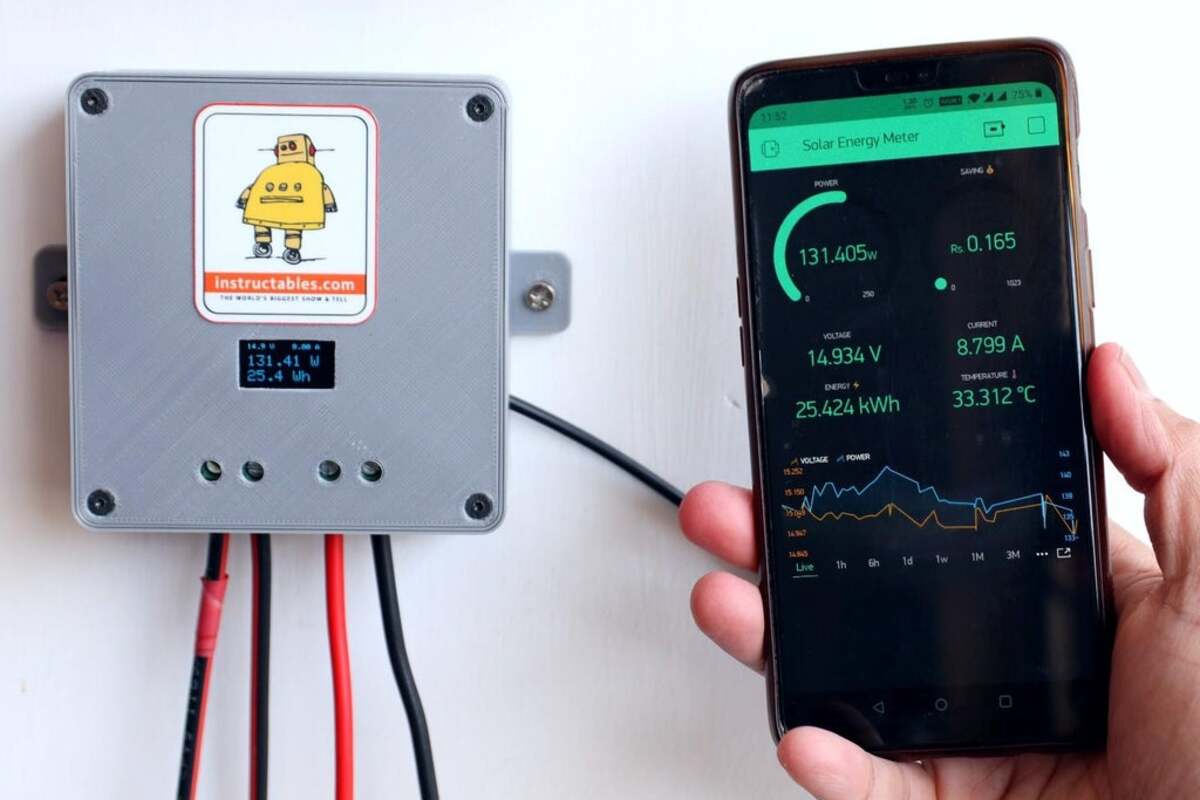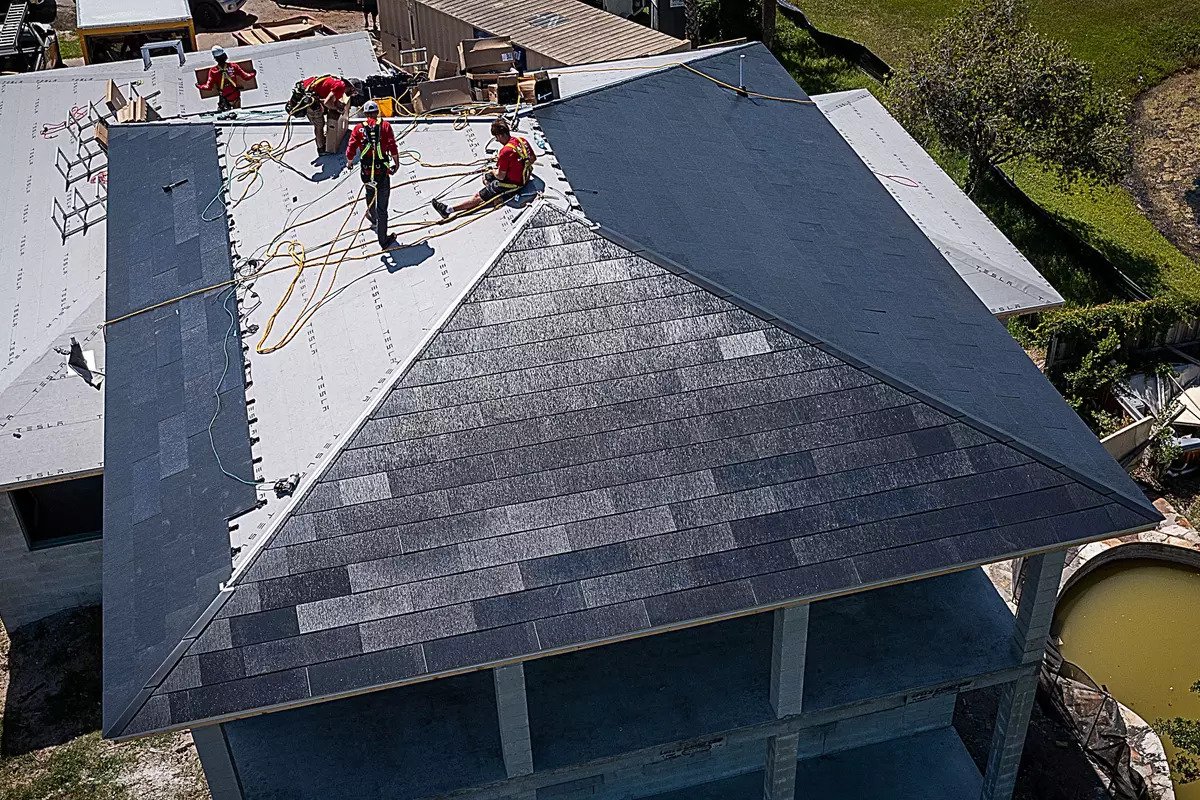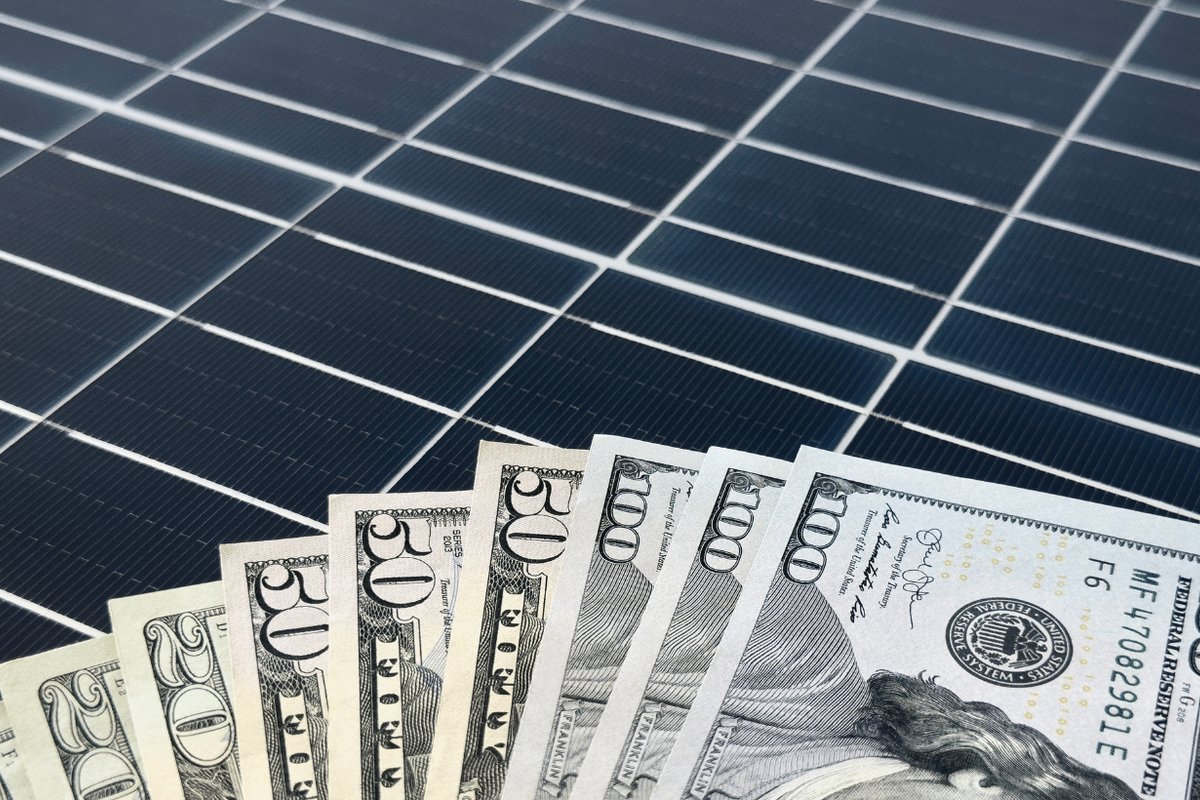With its strong sunshine and abundant energy resources, Texas has seen a significant increase in the popularity of solar energy.
As the largest energy-producing and energy-consuming state in the U.S., Texas residents have embraced sustainable sources of energy to maintain the state’s leading position in the energy industry.
The combination of favorable solar conditions and a growing interest in renewable energy has contributed to the rise of solar power in the Lone Star State.
Average Cost of Solar Panels in Texas
As of May 2022, the average cost of solar panels in Texas is approximately $2.69 per watt, according to EnergySage. The cost of solar panels can vary based on the size of the system, with larger systems typically having higher equipment and installation costs. However, purchasing panels in bulk can lead to a lower cost per watt.
For a solar system size of five kilowatts (kW), the average installation cost in Texas ranges from around $11,432 to $15,468. It’s important to note that your final cost will likely decrease by a significant amount after accounting for the Federal Investment Tax Credit and other state and local incentives.
In addition to equipment and installation expenses, the total cost of solar includes factors such as permitting fees, inspection costs, and installer profit margins, which can vary based on the region and the specific solar company you choose.
Solar Rebates and Tax Credits in the State
Residents of Texas can take advantage of various solar benefits, although many of these are more localized rather than statewide policies.
While there isn’t a statewide net metering policy in Texas, individual utility companies have their own policies that credit solar energy system owners for the excess electricity their panels generate and send back to the grid.
These credits can be used to offset the cost of electricity when solar production is lower than usage, such as during nighttime or cloudy periods. Some utilities in the state that offer net metering benefits include:
- El Paso Electric
- The City of Brenham
- CPS Energy
- Green Mountain Energy
Furthermore, Texas residents living in neighborhoods governed by homeowners’ associations (HOAs) don’t need to worry about HOA regulations prohibiting the installation of solar energy systems on their properties.
The state has a solar rights law in place that prevents HOAs from banning the installation of solar panels on individual properties. This helps to ensure that homeowners have the right to pursue solar energy solutions without any hindrance from their HOAs.
Local Incentives
Texas may not have a statewide solar tax credit or rebate program, but there are various local governments and utility companies throughout the state that provide incentives to homeowners who decide to go solar.
For instance, residents of Austin can take advantage of benefits from Austin Energy. This includes a rebate of $2,500 along with Austin Energy’s Value of Solar Tariff, which offers a payment of $0.097 for every kilowatt-hour (kWh) generated by your solar panels.
Customers of CPS Energy can also benefit from solar incentives. They can receive a rebate of $2,500 for installing solar panels on their home’s roof. Additionally, if you choose locally sourced solar panels, you may be eligible for an extra $500.
In specific areas, like the Guadalupe Valley Electric Cooperative and the City of Sunset Valley, there are additional rebates available for homeowners who install solar panels.
Keep in mind that there might be additional solar incentives available based on your specific city, county, or power company. It’s a good idea to explore and inquire about any potential incentives in your local area when considering solar panel installation.

